Are you in a transactional relationship? Transactional love is a form of romantic interest that results in a relationship of convenience. It can be considered like a business transaction where the focus is not on strengthening emotional connection, but on what one has to give and can receive from their partner.
Let’s explore the meaning of transactional relationship to see if you are in one.
What is transactional relationship?
To be honest, a transactional relationship sounds more like a business deal than a real relationship. It can be considered as a “business transaction” where two people enter a romantic relationship where one partner offers certain services or “gifts” and the other partner provides services in return. The relationship is based more on meeting needs, expectations and reciprocity than attraction, emotions, or support.
According to transactional relationship psychology, the focus is completely on how each individual benefits from the relationship, even though there may be some level of attraction and love. Here one partner gives only with the expectation of getting something in return.
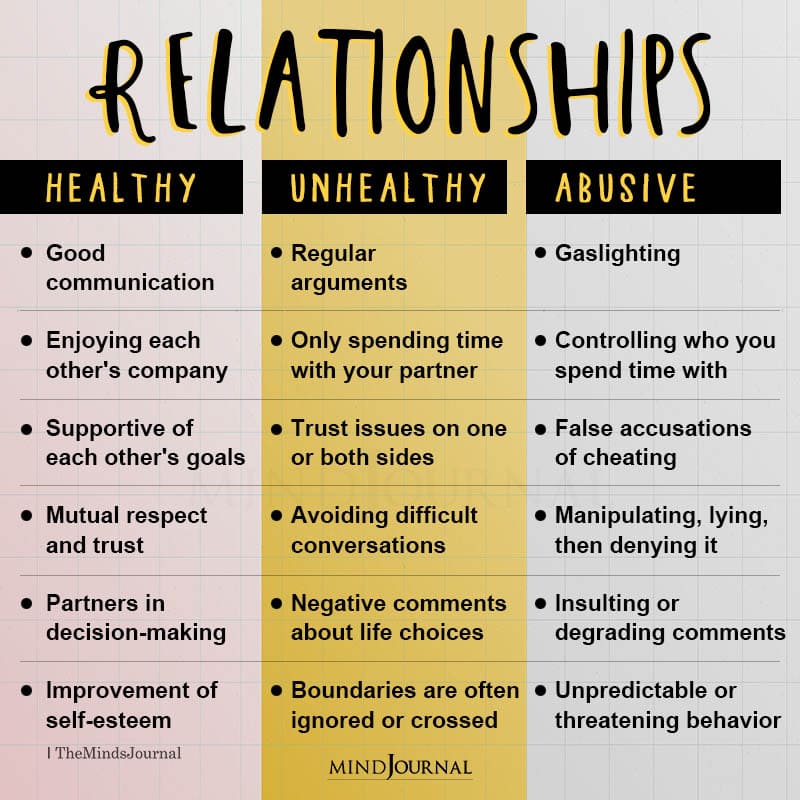
Related: 8 Warning Signs You Are Stuck In A Loveless Marriage
Traditional gender roles observed in marriages, where the husband provides for the wife by bringing food to the table and the wife takes care of the husband’s needs and the house, is one of the classic transactional relationship examples. However, a transactional relationship can also be observed among other family members, friends, coworkers and dating relationships.
Signs of transactional relationship
Do you know the signs you’re in transactional relationship? Here are some of the most common transactional relationship characteristics that you should know about –
1. Focus on personal benefits
Quid pro quo is the basis of a transactional relationship. No wonder both partners are highly focused on how they will benefit from the relationship. The increased attention on self-benefits and what the other person has to offer makes this relationship more like a business agreement than anything else.
The greater emphasis on what can be gained from the relationship makes this less emotional. If one partner is providing money and financial stability, then the other partner is expected to care for the household and their partner’s needs. However, when one fails to provide or there is a lack of reciprocity, the relationship can easily fail.
2. Equal give and take
While both partners will always try to get more than they give into the relationship, each partner generally takes as much as they give. The equal give and take policy helps to maintain balance in the relationship as it often lacks genuine love, support and care.
So if your relationship is completely based on equal exchange and what you do for your partner is reliant on what you will get from them, then that’s not love. It’s a transaction. Sugar daddy or sugar mama relationships are almost always of this type.
Related: Is Your Bad Marriage Bad Enough To Leave?
3. Lack of relationship satisfaction
As the marriage or relationship is mostly a transaction, both partners often feel resentment and dissatisfaction in a transactional relationship. As they are more concerned with getting more than they give but rarely manage do to so, they are constantly on the look out for opportunities to get more time, money, things, expensive items, sex or whatever their relationship policy is based on.
This makes them highly manipulative and keeps them on edge most of the time. As you can figure out, this leads to a lot of stress and anxiety and eventually they start to resent their partner. What’s worse, they are unable to rely on their partner for emotional and mental support, care or affection which leads to a lot of dissatisfaction, hopelessness and even depressive symptoms.
4. Lack of genuine love
There is only exchange of things, services and benefits in a transactional relationship, there’s no exchange of love and affection. And that is one of the core characteristics of transactional relationship. The partners do not share any emotional bond unlike a “normal” healthy relationship.
They don’t enjoy each others’ company like ordinary couples. They are not motivated to make the other person happy. They don’t want to love or be loved. They only think about personal gains and want the benefits that come from the relationship. It is primarily a business transaction, not love. It is a selfish and unhealthy romantic relationship which lacks genuine romance, care and affection.
5. High expectations
Transactional love cannot exist without expectation from both partners. Every move is made with an anticipation for something in return. Both partners can expect something or the other from the other individual, including –
- Power
- Financial gain
- Social status
- Sexual favors
- Legitimacy
- Others
Expecting something that we desire but cannot attain independently is one of the very basic reasons why most people get into a transactional relationship. They believe this relationship will help them achieve their goals, make their life more interesting and gain respect from others.
Related: Is An Unhappy Marriage Better Than Divorce?
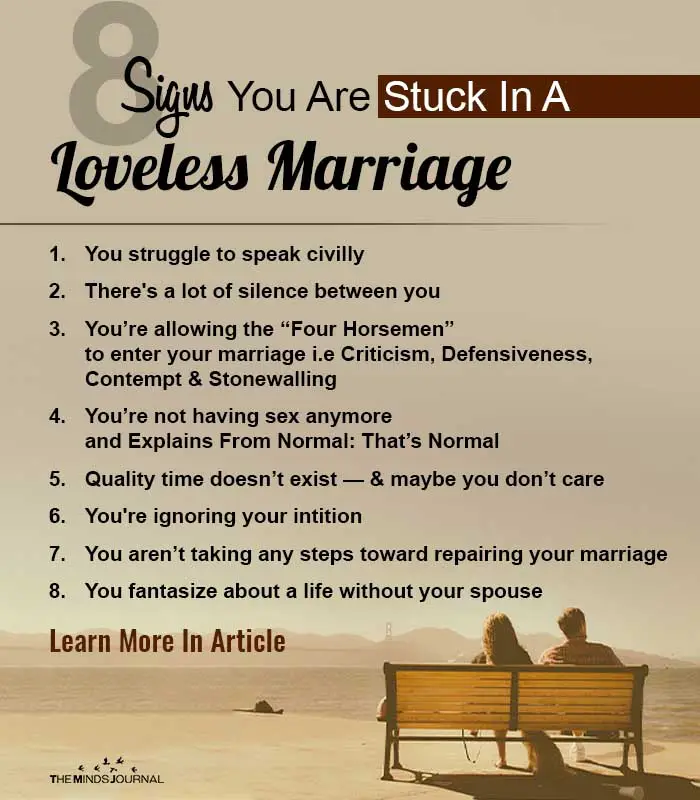
More signs of transactional relationship
Apart from the characteristics mentioned above, here are some more signs of a transactional relationship –
- If your partner is highly demanding and always wants you to do something for them without doing much in return for you, then you may be in a transactional relationship unknowingly.
- You tend to negotiate and renegotiate the terms of your relationship with your partner so that you get the most benefits out of it.
- Your partner is narcissistic and lacks emotions and empathy. They never hesitate to use people for meeting their own needs.
- Your relationship agreement is well documented so that the terms are not breached. This means having a prenup agreement in a marriage.
- You have clearly laid out what the deal breakers are and both parties are careful about keeping up their end of the bargain as long as it serves them.
- You enjoy willingly being in a transactional relationship but your friends and family do not support your decision and have alienated themselves.
- You and your partner feel like independent individuals in the transactional relationship as never feel as a couple with a unifying mindset towards each other.
Related: 9 Signs You’re Not In Love With Your Partner
- Either you or your partner or both tend to be judgmental of the others’ actions and are always aware how their behavior will benefit you. Both parties tend to believe they are superior to the other.
- Your relationship lacks depth and meaning as it is superficial, empty and fickle. This opens the door to cheating and infidelity.
- Both of you tend to have selfish personalities in the relationship and are always interested in personal gain more than your partner.
- You and your partner tend to compete with each other a lot instead of supporting one another.
- Failure to provide or meet your partner’s expectations and needs can result in chaos and may even end the relationship.
Difference between transactional relationship & healthy relationship
Unlike a healthy romantic relationship or a marriage, people in a transactional relationship are more interested in seeking benefits than love, admiration, care, support, comfort and companionship. This pattern of business aspect in a romantic relationship is mostly observed in arranged marriages. Here the main focus lies on the other person’s social status, family background and financial stability, instead of emotional connection.
Related: 5 Signs Of Emotional Distance In A Relationship
But in a healthy, loving relationship, known as a relational relationship, the focus is more on building a stronger emotional connection and bond with the other person than personal gains. Here, as the couple share close intimate and emotional bonds, this type of relationship tends to last longer, even when faced with arguments, disappointments, unmet needs and expectations. Such relationships often exist between romantic partners, spouses, parents and children etc.

Relational vs transactional relationship
In a transactional relationship, “gifts” are given only to receive something else in return, not for making the other person feel special and happy. None of the partners do something just for the sake of doing it. If you constantly keep asking yourself “If I do this when what will I get in return”, then it just might mean that you are in a traditional relationship.
Both partners tend to be self-serving and only do something in the hopes of getting their needs met. Both parties do only a set amount of work for getting what they want and when their expectations are not met, all hell breaks loose. These relationships are so fragile and fragmented that arguments can begin easily and bonds can end if one partner fails to provide what was promised. This is why such relationships do not last for a long time.
But in a healthy relationship, both partners are always focused on taking care of the other person out of love and concern. There are no hidden or ulterior motives. Partners willingly make sacrifices for each other and adjust their beliefs, needs and perspectives for strengthening the relationship. Here, both partners give without any expectations or greed. Partners support each other instead of competing with one another. They give each other because giving to their partners makes them happy. They operate as a team and not as individuals. They don’t operate as business partners, but as loving partners who will stand by each others’ side through thick and thin.
Pros and cons of transactional relationships
Like every other relationship, there are some benefits of transactional relationship and some dangers of transactional relationship. Here are some of the pros and cons that you need to be aware of –
Advantages of transactional relationship
- You always get what you want
- You have clear boundaries and expectations from the relationship
- Your relationship agreement ensures you won’t be disappointed
- There are no unnecessary drama or chaotic messes to deal with
- The terms of the relationship can be renegotiated
Related: How to Be Your Own Person and Succeed in Marriage
Disadvantages of transactional relationship
- You always have to do what your partner wants and meet their needs
- You constantly have to keep score and worry about “winning or losing” in the relationship
- Continuous expectation from your partner can lead to exhaustion, stress, imbalance and frustrations
- Your relationship can easily end due to just one simple mistake
True love is never transactional

Transactional relationships are not necessarily bad or toxic. For some couples, it can actually work, like in several arranged marriages. But such relationships are generally less satisfying and rewarding.
In a real relationship, we do things for our partner simply because we want to. Not because we expect something in return. But when we start keeping tabs on who does what for the other and how much they are doing it, then it starts to turn into a business transaction – where you calculate your profits and your losses.
A real relationship is based on mutual love, trust, respect and shared interests and values. It is about how you can grow as a couple and never about your self-benefits. If you find yourself in a transactional relationship, then pause and think about what your relationship means to you and your future. Life is about love and happiness, not about things.
Related: 9 Things Genuinely Happy Couples Do To Stay Connected and In Love Forever
Frequently Asked Questions (FAQs):
How do you avoid a transactional relationship?
Let go of expectations. Focus on building genuine emotional connection and ensure your partner is not a narcissist. Be patient and shift your focus towards growing and evolving as a couple.
Is a transactional relationship healthy?
No, transactional relationships are not necessarily healthy as they lack genuine love, care, support, trust, empathy and compassion. The relationship is not focused on companionship, but personal gains.
Is transactional love real love?
Transactional love is an agreement between two parties. It is selfish and comes with conditions- “If you provide for me, I will care for you.” Real love is selfless and unconditional.
What is transactional intimacy?
It refers to sexual experiences or favors done for receiving something in return. Although both people may be in a relationship, the sex typically occurs only when something is promised in return.
What is transactional relationship at work?
It refers to a mutual give-and-take relationship where coworkers and colleagues agree to look after each other in a professional setting.
Can we have transactional relationship with our peers?
Yes, we can have transactional relationship with our peers but these are typically not ideal and may pose some risks. It often leads to resentment.
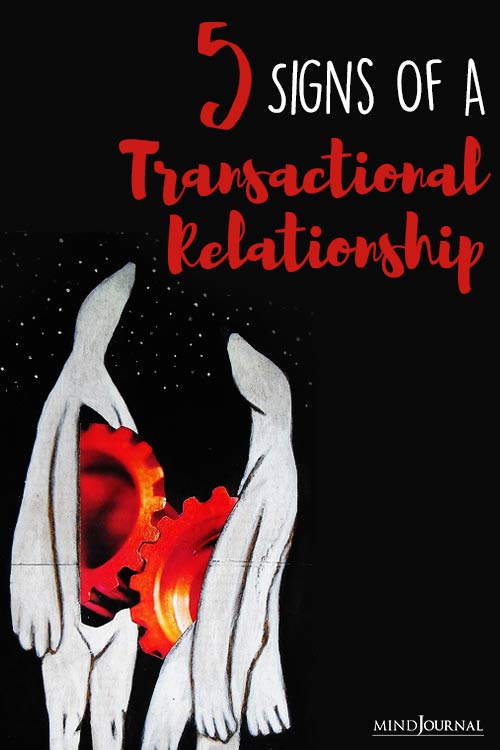
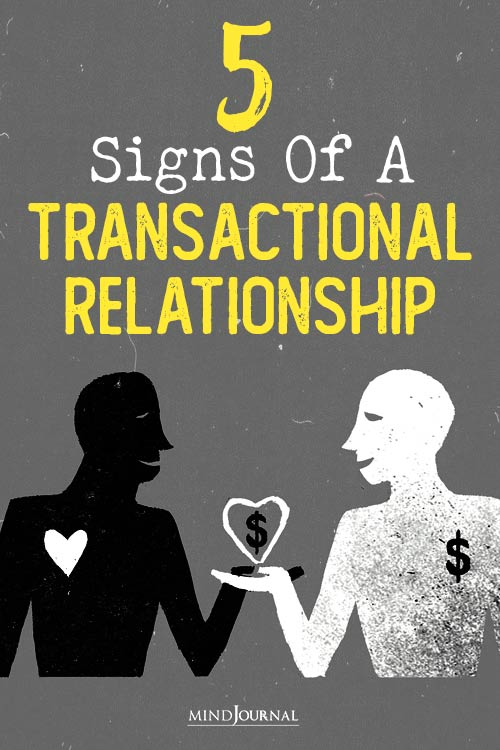
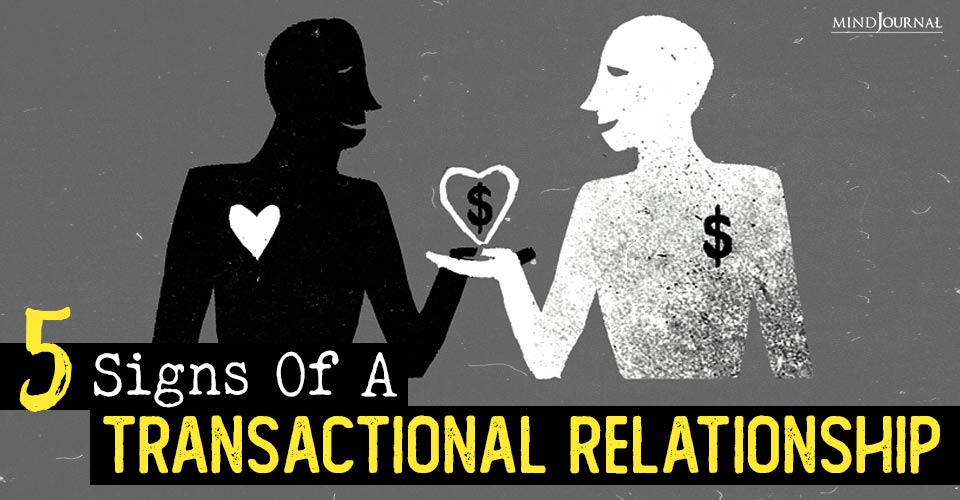







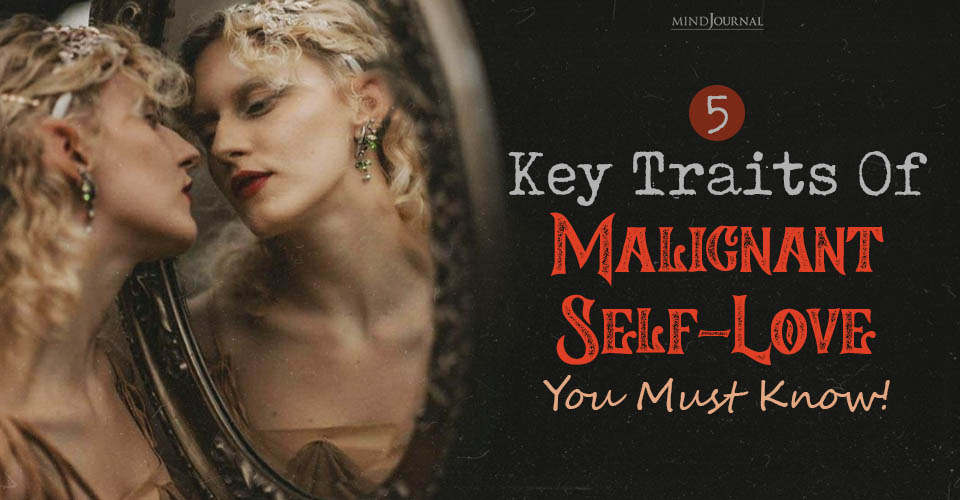

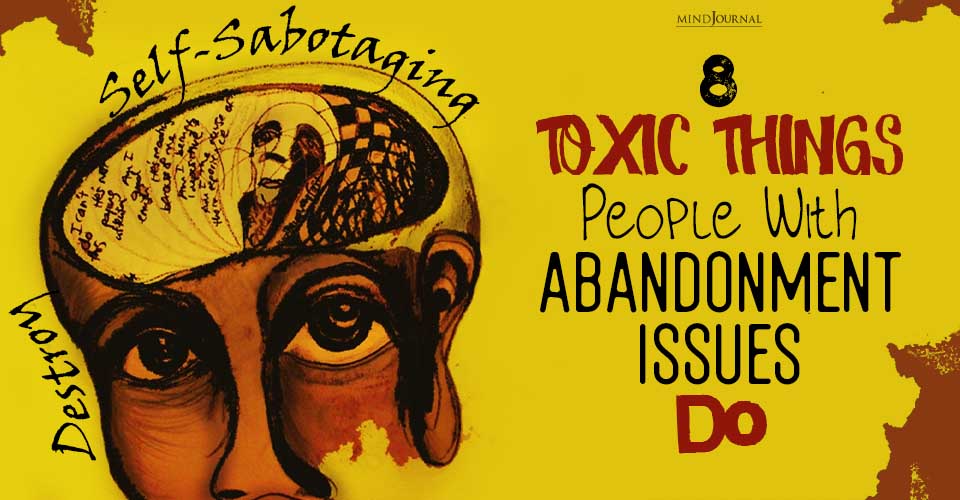

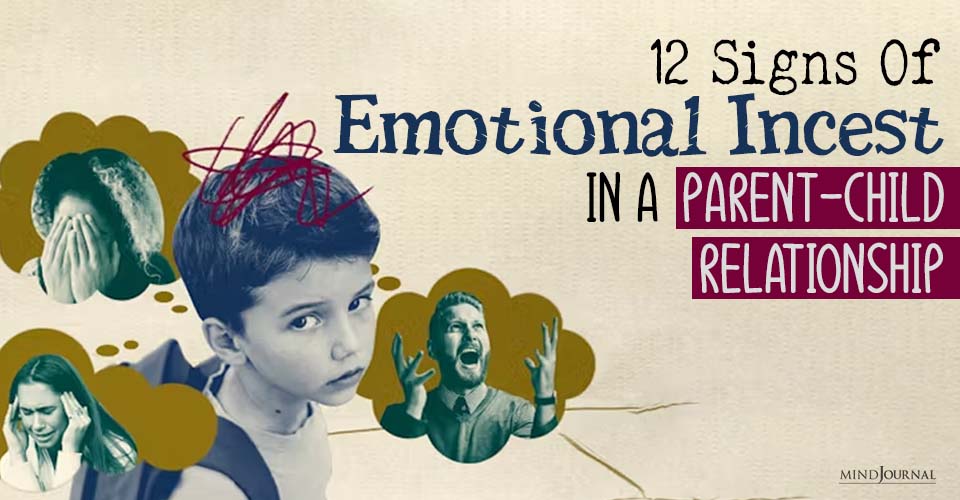

Leave a Reply
You must be logged in to post a comment.